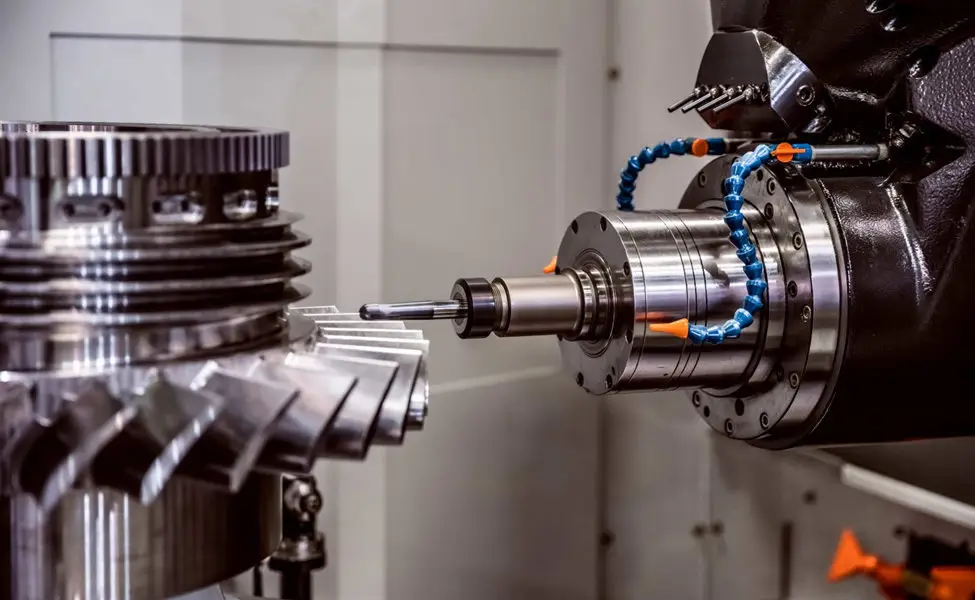When it comes to peptides, proper handling is crucial to maintain their effectiveness and safety. If you’re looking to buy bulk peptides, it’s important to also know how to store and use them correctly. Peptides are delicate molecules, and mishandling can lead to degradation, reducing their potency. This article will guide you through simple, practical tips to keep your peptides in top condition and use them safely.
What Are Peptides and Why Care About Storage?
Peptides are short chains of amino acids that play many roles in the body, from signaling to supporting tissue repair. Because they are sensitive to heat, light, and moisture, improper storage can cause them to break down or lose activity. Proper storage isn’t just about prolonging shelf life; it protects your investment and ensures that each dose works as intended.
Ideal Storage Conditions for Peptides
Most peptides come as powders or lyophilized (freeze-dried) forms. These should be kept in a cool, dry place away from direct sunlight. A refrigerator between 2°C and 8°C is generally recommended for long-term storage. Avoid storing peptides at room temperature, especially in humid environments, as moisture can degrade the peptide quickly.
Why Refrigeration Matters
Refrigeration slows down chemical reactions that cause peptides to break down. Even if the peptide bottle is sealed tightly, temperature fluctuations can still affect its stability. When you remove peptides from the fridge, try to use them quickly or return them to cold storage immediately after use.
Handling Peptides During Preparation
Before mixing peptides with a solvent, it’s best to let the vial reach room temperature to avoid condensation inside the vial. Using sterile water or bacteriostatic water is common to reconstitute peptides safely. Never shake the vial vigorously; gentle swirling helps dissolve the peptide without damaging it.
Proper Dosage and Injection Techniques
If you’re using peptides via injection, hygiene is key. Always use new, sterile needles and syringes to avoid contamination or infections. Clean the injection site with alcohol wipes before administering. Inject peptides subcutaneously or intramuscularly as directed, and rotate injection sites to prevent irritation.
Avoiding Common Mistakes in Peptide Storage
One common mistake is exposing peptides to sunlight or leaving them in warm places like cars. Another error is using tap water to dissolve peptides, which may contain impurities. These missteps reduce peptide quality quickly and can lead to poor results or even health risks.
Monitoring Peptide Shelf Life
Peptides typically have an expiration date printed on the vial. Once reconstituted, they usually last for a short period—often a few weeks—depending on storage conditions. Pay attention to changes in color, clarity, or smell. If peptides look cloudy or have particles, it’s safer to discard them.
Transporting Peptides Safely
If you need to move peptides from one place to another, use insulated coolers or ice packs to maintain a stable temperature. Avoid leaving peptide vials in hot cars or direct sunlight. Proper packaging helps keep peptides stable during transit and protects their potency.
What to Do if Peptides Are Exposed to Heat or Moisture
If you suspect your peptides were exposed to unfavorable conditions, it’s best not to use them. Even if the vial looks fine, heat or moisture exposure can cause irreversible damage. Using compromised peptides might result in reduced effectiveness or unwanted side effects.
Storing Peptides Long-Term: Freezing Tips
Freezing peptides can be an option for very long-term storage, but it must be done correctly. Avoid repeated freeze-thaw cycles, as these can degrade peptides. Use small aliquots in separate vials to thaw only what you need at a time. Always thaw peptides slowly by moving them from the freezer to the fridge before reaching room temperature.
Safety First: Handling Peptides Responsibly
Handling peptides with care means wearing gloves, cleaning work surfaces, and disposing of used needles safely. Store peptides out of reach of children or pets. Follow any specific manufacturer instructions closely to avoid contamination or accidents.
Final Thoughts:
Peptides are valuable tools for research or therapeutic use, but they demand respect when it comes to storage and handling. Keeping them cool, dry, and protected from light helps preserve their quality. Using sterile techniques during preparation and injection prevents contamination. By following these straightforward guidelines, you maintain peptide integrity and support your goals safely.




